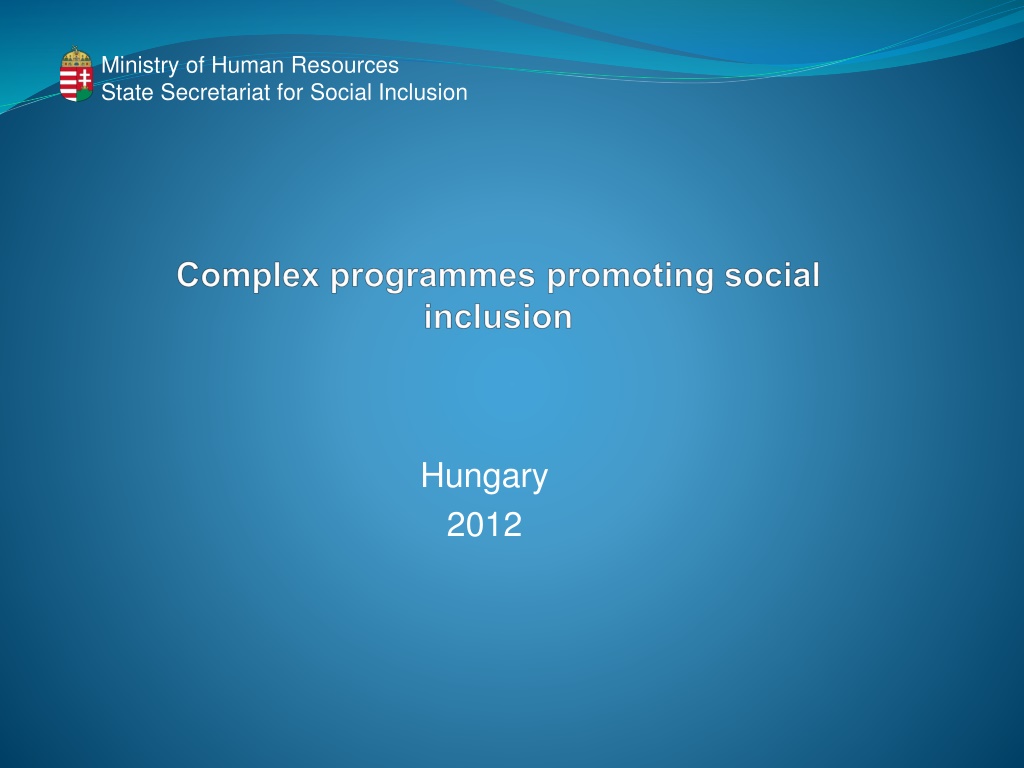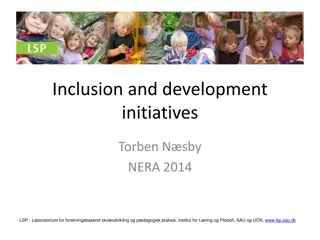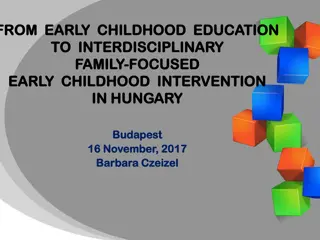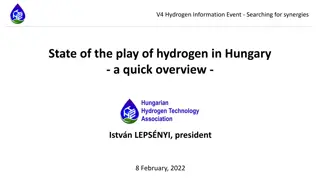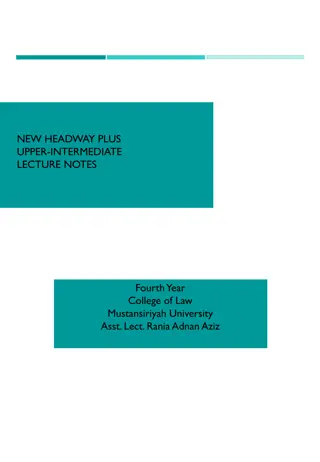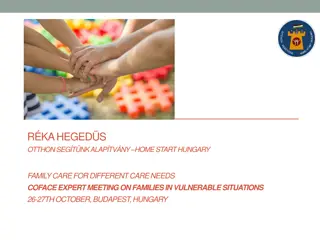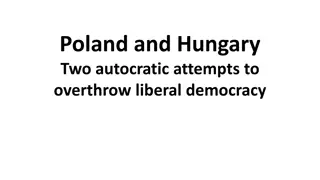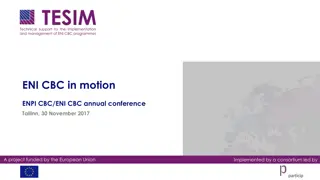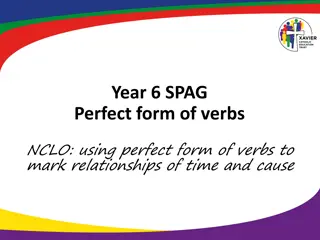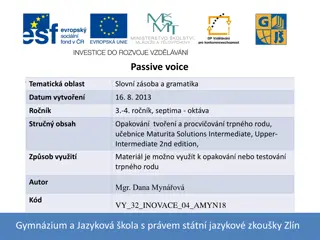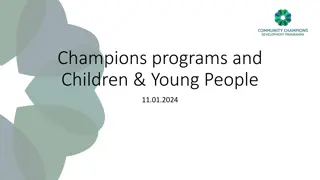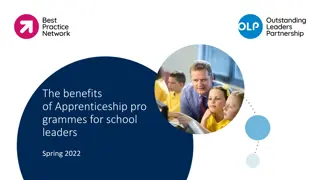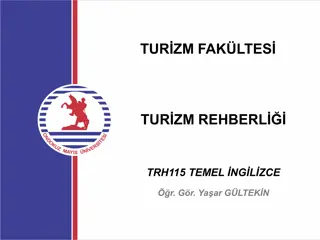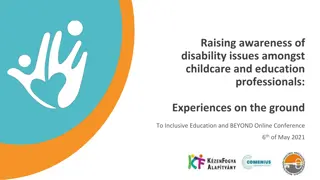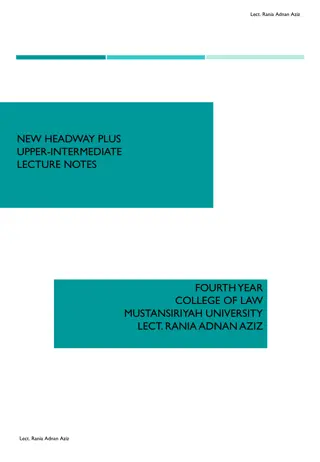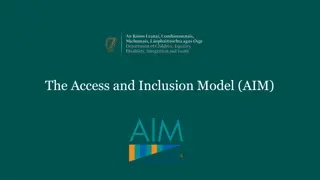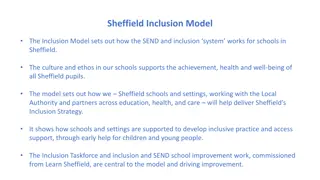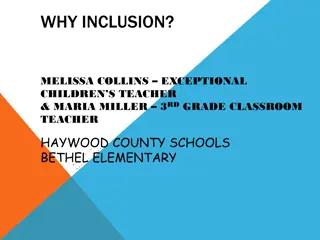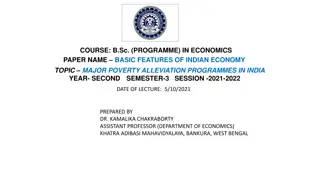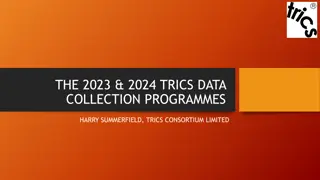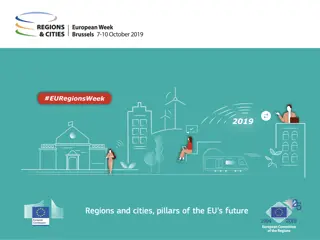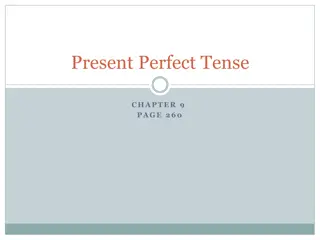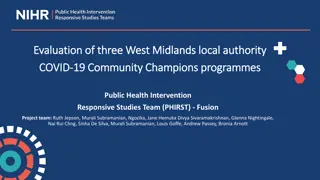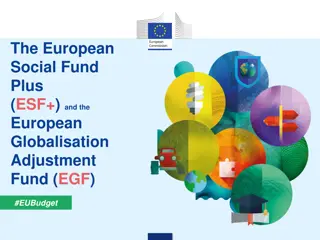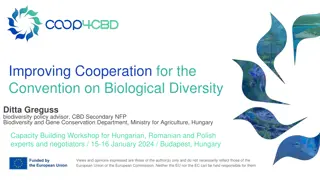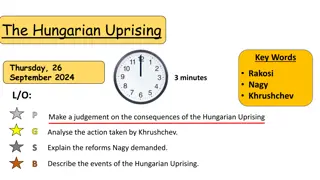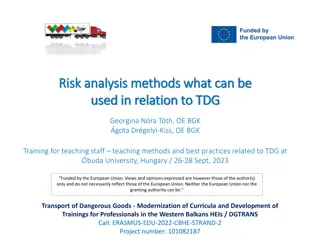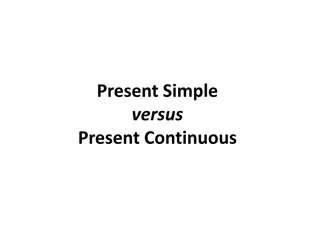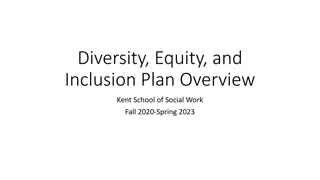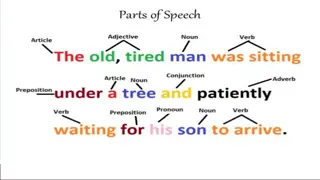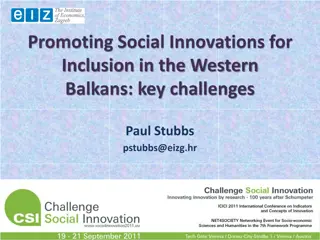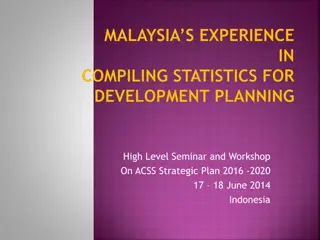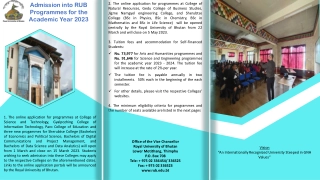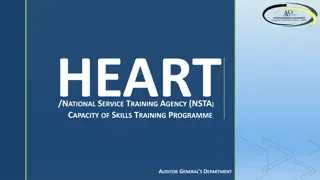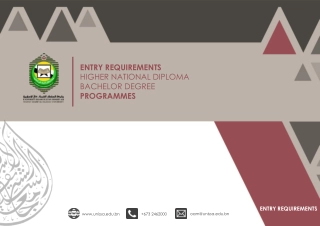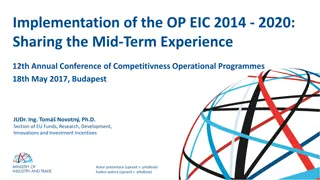Social Inclusion Programmes in Hungary: Past, Present, and Future Initiatives
Social inclusion efforts in Hungary have focused on addressing segregated residential zones where residents lack income and education. Various programs have been implemented since the mid-2000s, including housing initiatives, training programs, and community services. Recent initiatives have aimed at integrating segregated areas with comprehensive approaches to tackle social disadvantages.
Download Presentation

Please find below an Image/Link to download the presentation.
The content on the website is provided AS IS for your information and personal use only. It may not be sold, licensed, or shared on other websites without obtaining consent from the author. Download presentation by click this link. If you encounter any issues during the download, it is possible that the publisher has removed the file from their server.
E N D
Presentation Transcript
Ministry of Human Resources State Secretariat for Social Inclusion Hungary 2012
Definition of segregated residential zone Segregated residential zones are geographically compact and separated areas where at least 50% of the working age residents neither have regular income nor have qualification higher than elementary school According to studies over 1600 segregated residential zones in Hungary, but with various size, population and conditions
Programmes in the past and present From mid- 2000: calls launched annually (national budget) 2010: Trust and activation model programme launched (national budget) 2011: Complex programmes for segregated areas launched (ESF) 2012: Housing programmes to be launched (ERDF)
Programmes implemented between 2005-2009 342 families moved to new flats in integrated residential areas 644 apartments were refurbished and equipped with basic conveniences, 501 persons took part in training 338 persons were employed.
Model program for segregated zone residents Call launched in 2011. National funds: 410 million HUF (1,5 million EUR) o Sites: 8 o Number of persons involved : 600 o Number of established community services: 24 o Number of refurbished housing units: 100 Requirements from individuals/families participating in the program: Participation in labor market and community programs is mandatory. Regular school and kindergarden attendance is obligatory. The program facilitates cooperation between local communities and local governments and prepares participants to use Structural Fund resources in the most effective way in order to accelerate social inclusion.
Complex programmes for segregated areas (ESF) Call launched in 2011. The complex settlement program aims at segregated residential zones with the potential to be integrated (within the tissue of settlements) Integrated actions: social, health, education, training, labour market integration and community development related components in order to eliminate disadvantages. Funds available: HUF 5,68 billion (20,3 mullion EUR). Number of application: over 120 Number of settlements to be supported: 30-50 Programme for housing to be launched in 2013 HUF 1,5 billion (5,36 million EUR).
Basic principles Mid-term development (intervention) plan (municipality and community level) based on Local situation analysis, mapping individual problems Complex, integrated actions (outreaching to the whole settlement) o Provision of early intervention and extracurricular development o Training and labour market services o Community development o Health o Social work in the field o Improvement of infrastructure and access to services Inclusion of relevant stakeholders (including residents) Individual development plans (for at least 60 percent of the residents aged 3-45 living in segregated zones) Programme assessment
Expected results regarding individuals Number of persons involved : about 2500 Improved access to services Higher qualification level of persons involved (at least 75% of active aged individuals with individual development plan) More people employed Improved housing conditions (with the involvement of participants in the refurbishing and building activities)
Further plans In the first half of 2013, residential integration pilot programs are to be launched in three regions (ERDF): Northern Hungary, Northern Great Plain, and Southern Transdanubia Funds available: 500 million HUF per region (1,78 million EUR) In 2013 the housing strategy will be devised 2014-20 programming period: devising of settlement rehabilitation programs will continue utilizing previous grant scheme experiences
Challenges in the current and future programming periods For 2007-13: restricted time and resources possibility for pilot actions andmainly rehabilitation For 2014-20: planning of interventions before programme experiences and assessments are available from the previous programming period For both: harmonization of ESF and ERDF resources and actions
Ministry of Human Resources State Secretariat for Social Inclusion Lilla Jutkusz lilla.jutkusz@emmi.gov.hu
